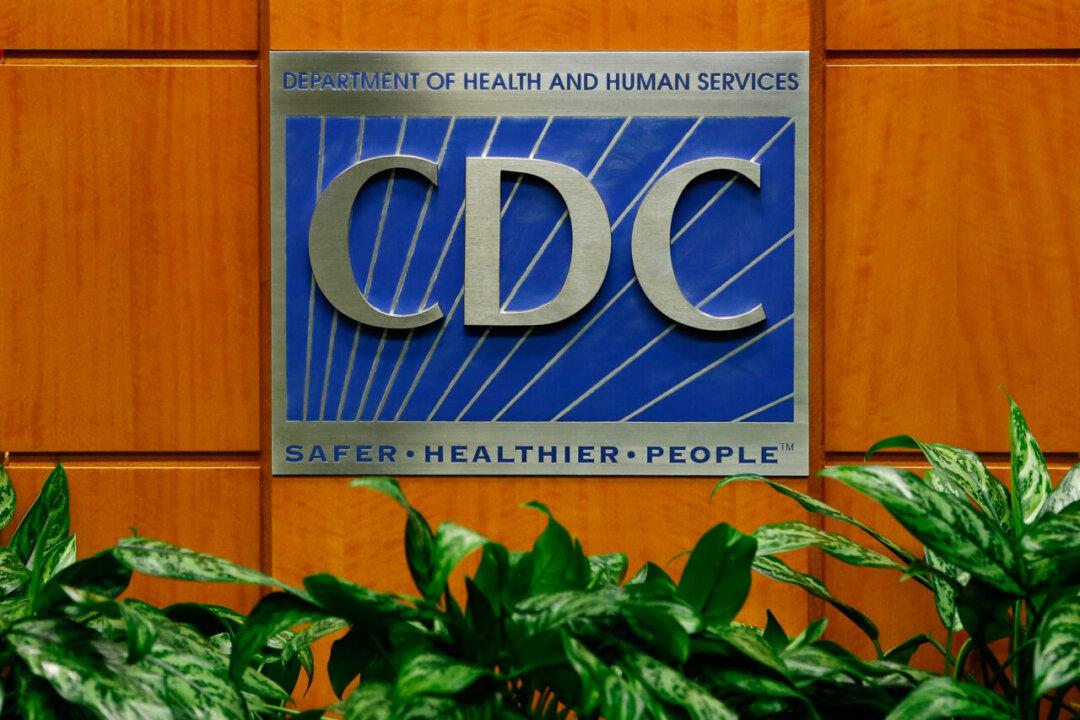People who are fully vaccinated can now gather indoors without masks or social distancing, according to the Centers for Disease Control and Prevention (CDC) in its new guidance on Monday.
“There are some activities that fully vaccinated people can begin to resume now in their own homes,” CDC Director Rochelle P. Walensky said in a press release. “Taking steps towards relaxing certain measures for vaccinated persons may help improve COVID-19 vaccine acceptance and uptake.”






